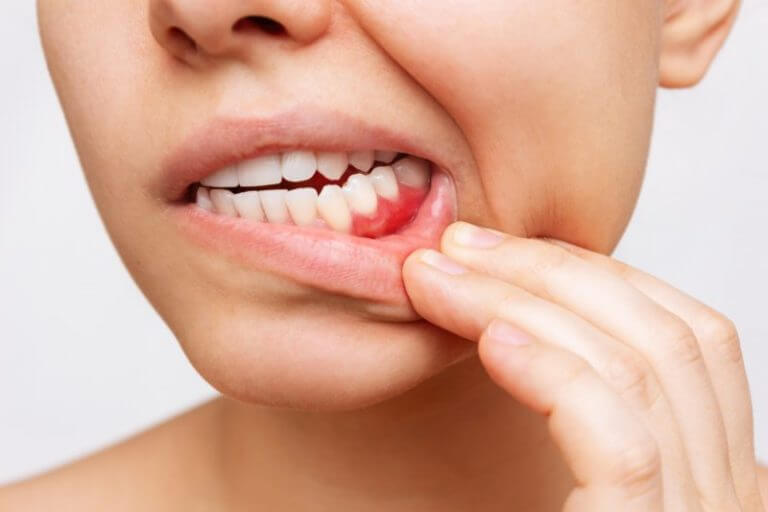Is Gum Disease Genetic? Learn How You May Be at Higher Risk
While you may have your mother’s smile or your father’s hair, these are far from the only attributes that you can have passed down to you. The reality is medical conditions can also be passed down, whether it’s heart disease, mental illness, or another health problem. This includes gum disease, an infection of the gum tissue that can lead to tooth loss in severe cases. According to a study at the University of Pittsburgh School of Dental Medicine, researchers have found a link between advanced gum disease and genetics. If you fear this information may affect you, you’re encouraged to keep reading so you can know how to protect yourself and lower your risk for dental disease.
The Connection Between Genetics and Gum Disease
The rate at which someone develops cavities (and therefore increases their risk for gum disease) is directly influenced by genetic variations in certain genes, according to research conducted by Dr. Alexandre and his peers. They found that the gene known as beta defensin 1, which is vital to defending teeth from dental bacteria, can be deficient in certain cases. If this deficient form of the gene runs in your family, your body may be at greater risk of cavities and therefore gum disease.
Gum Disease Symptoms to Know
Considered to be a bacterial infection, gum disease can easily spread throughout the mouth when it’s not handled in the early stages of development. The sooner you can recognize the symptoms, the easier it should be to treat. Common symptoms to look out for according to a periodontist include:
- Red or swollen gums
- Bleeding gums while brushing
- Plaque buildup between the gums
- Gum recession (or teeth that appear longer)
- Infection pockets along the gum line
- Chronic bad breath, even after brushing
Practicing Proper Oral Hygiene
It’s impossible to change your genetics, which is why it’s important to take steps to protect your oral health every day. Thankfully, these are relatively straightforward and simple to perform. For example, remember to:
- Brush twice a day for at least two minutes at a time
- Floss at least once a day
- Consider adding an antibacterial mouthwash to your routine (look for non-alcoholic products designed for gum health in particular)
- Eat a healthy and balanced diet low in sugar
- Avoid brushing or flossing too hard (which can easily damage your gum tissue)
If you learn your relatives struggle with gum disease, remember the apple does not fall far from the tree. Through routine checkups every six months, you can give yourself a chance to catch and treat any gum issues before they cause major harm to your smile. Ideally, a periodontist is the professional to visit because they hold the best expertise on diagnosing and confirming all severities of gum disease. Contact one today to schedule an appointment!

